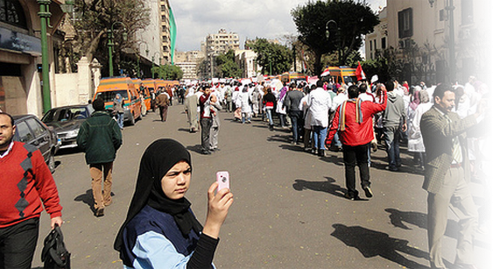
Journalism
This Module explores how the practice of journalism has been defined and protected by international and regional law and bodies, from the rejection of licensing to the protection of journalistic sources, and including self-regulation. Many of the readings also address the impact of the digital revolution on journalism and present the conflicts on such questions as to who is a journalist.
